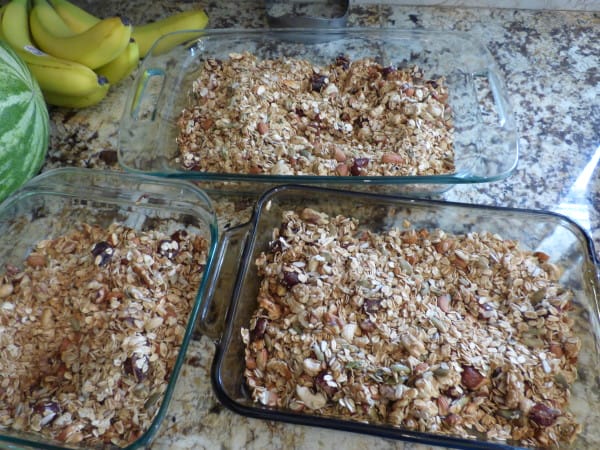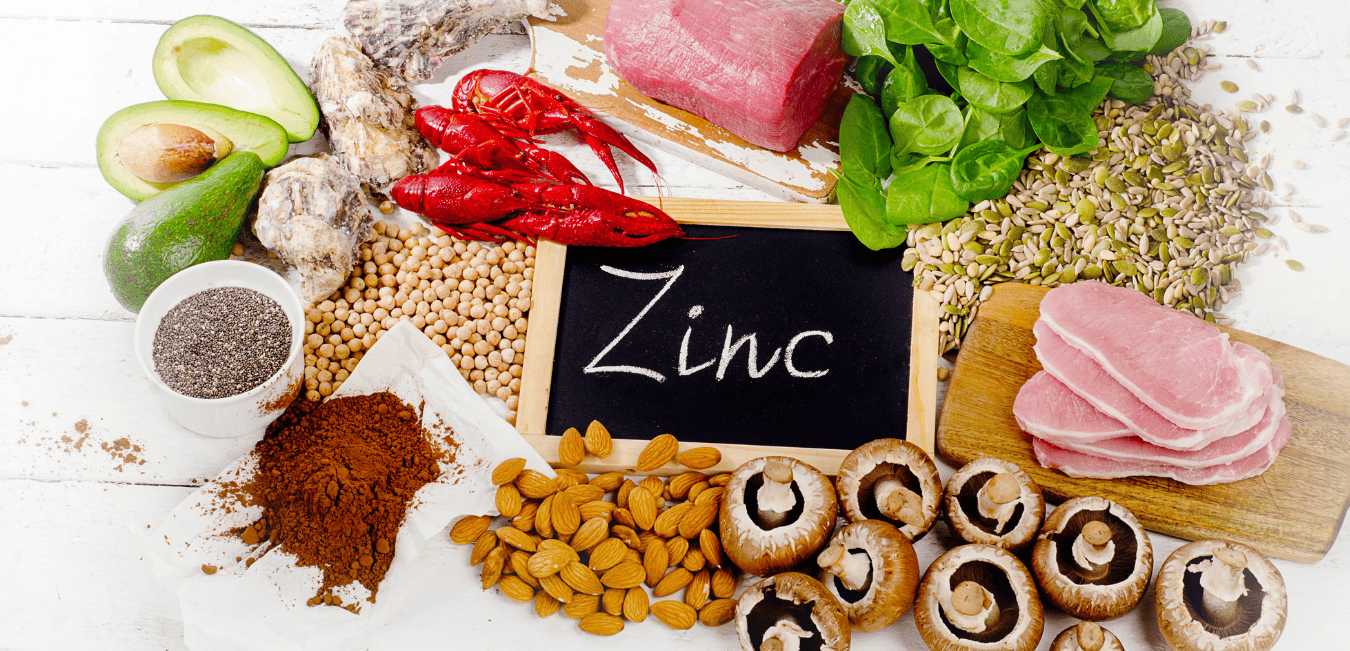Quercetin has been getting a lot of attention in the natural health community because of its potential to improve symptoms of C-19. However, I’ve been using quercetin in my naturopathic practice for years because it has so many other benefits!
Quercetin’s capacity for immune balancing, antioxidant support, and anti-inflammatory action explain most of its positive effects. These are the top reasons I’d prescribe quercetin to children in my naturopathic practice, and there are even more benefits of this supplement for adults.
Reasons Your Child Might Be Prescribed Quercetin Supplements
Seasonal Allergies & Allergic Asthma
Quercetin alone or in a combination formula has been effective in my practice for treating seasonal allergies and it’s often part of a larger treatment plan for allergic asthma. Quercetin needs to be taken for 6-8 weeks before effects are seen, so it is usually started before allergy season.
Eczema, Hives & Photosensitive Skin Conditions
Quercetin’s anti-allergic and anti-inflammatory effects extend to the skin. It can sometimes be helpful as a part of a larger treatment plan for eczema, chronic hives, or skin rashes caused by photosensitivity.
Neuroprotection
Recently there has been a lot of research interest in quercetin’s neuroprotective abilities. It has been studied in autism spectrum disorder (ASD), attention-deficit / hyperactivity disorder (ADHD), and certain nervous system tumors. When oxidative stress and inflammation are worsening symptoms, quercetin seems to help.
Support During Viral Illness
There is preliminary evidence that quercetin may be helpful as a complementary treatment in viral infections including C-19, influenza, and hepatitis C. In these cases, quercetin would usually be in a supporting role as part of a more comprehensive treatment plan.
How Much Quercetin Is Safe and Effective for Kids?
Doses for adults vary between 300-1000 mg per day. Kids are usually prescribed ¼ to ½ adult dose depending on their age and size, but they should be monitored by a doctor. At present, there isn’t a consensus about a safe dose for kids.
There isn’t much long-term safety data in kids or adults, but one study gave children a combination supplement that included 70 mg of quercetin per 10 kg of body weight every day for 26 weeks. There were no serious side effects noted. 1000 mg per day of quercetin for 12 weeks or less is considered safe for adults.
Safety Concerns With Quercetin
Possible side effects at high oral doses (over 1000 mg per day in adults) include headache and tingling of limbs. There was one report of kidney damage in one patient with compromised health.
There is growing evidence that quercetin supplementation may be helpful in pregnancy; however, safe levels haven’t been established. Speak with your healthcare provider for guidance if you’re considering supplementing with quercetin during pregnancy or breastfeeding.
Quercetin may interact with some medications, including chemotherapy drugs, blood thinners, corticosteroids, digoxin, antibiotics, and medications that are processed in the liver. Always check with a pharmacist or doctor before starting a new supplement for you or your children, especially if there’s potential for a drug interaction or if you’re pregnant or nursing.
Summary
Quercetin is a useful supplement in kids and adults because of its anti-inflammatory, anti-oxidant, and immune balancing actions.
In children, quercetin supplementation can be helpful for treating seasonal allergies, allergic asthma, eczema, hives, photosensitivity, some ASD symptoms, and some ADHD symptoms. It might also be prescribed as part of a chemotherapy protocol or in conjunction with other medications during a viral illness.
Supplementation is safe for adults and is likely just as safe for kids. However, there isn’t a consensus on safe dosages for kids, so a doctor’s guidance is needed.
References:
Anand David AV, Arulmoli R, Parasuraman S. Overviews of Biological Importance of Quercetin: A Bioactive Flavonoid. Pharmacogn Rev. 2016 Jul-Dec;10(20):84-89. doi: 10.4103/0973-7847.194044. PMID: 28082789; PMCID: PMC5214562.
Alvarez-Arellano L, Salazar-García M, Corona JC. Neuroprotective Effects of Quercetin in Pediatric Neurological Diseases. Molecules. 2020 Nov 28;25(23):5597. doi: 10.3390/molecules25235597. PMID: 33260783; PMCID: PMC7731313.
Mlcek J, Jurikova T, Skrovankova S, Sochor J. Quercetin and Its Anti-Allergic Immune Response. Molecules. 2016;21(5):623. Published 2016 May 12. doi:10.3390/molecules21050623
Diane F. Birt, Elizabeth Jeffery, Flavonoids, Advances in Nutrition, Volume 4, Issue 5, September 2013, Pages 576–577.
Mlcek J, Jurikova T, Skrovankova S, Sochor J. Quercetin and Its Anti-Allergic Immune Response. Molecules. 2016 May 12;21(5):623. doi: 10.3390/molecules21050623. PMID: 27187333; PMCID: PMC6273625.
Thornhill SM, Kelly AM. Natural treatment of perennial allergic rhinitis. Altern Med Rev. 2000 Oct;5(5):448-54. PMID: 11056414.
Tanaka Y, Furuta A, Asano K, Kobayashi H. Modulation of Th1/Th2 Cytokine Balance by Quercetin In Vitro. Medicines (Basel). 2020 Jul 30;7(8):46. doi: 10.3390/medicines7080046. PMID: 32751563; PMCID: PMC7459988.
Jafarinia, M., Sadat Hosseini, M., kasiri, N. et al. Quercetin with the potential effect on allergic diseases. Allergy Asthma Clin Immunol 16, 36 (2020).
Andres S, Pevny S, Ziegenhagen R, Bakhiya N, Schäfer B, Hirsch-Ernst KI, Lampen A. Safety Aspects of the Use of Quercetin as a Dietary Supplement. Mol Nutr Food Res. 2018 Jan;62(1). doi: 10.1002/mnfr.201700447. Epub 2017 Dec 19. PMID: 29127724.
Raju TA, Lakshmi AN, Anand T, Rao LV, Sharma G. Protective effects of quercetin during influenza virus-induced oxidative stress. Asia Pac J Clin Nutr. 2000 Dec;9(4):314-7. doi: 10.1046/j.1440-6047.2000.00162.x. PMID: 24394509.
Lu NT, Crespi CM, Liu NM, Vu JQ, Ahmadieh Y, Wu S, Lin S, McClune A, Durazo F, Saab S, Han S, Neiman DC, Beaven S, French SW. A Phase I Dose Escalation Study Demonstrates Quercetin Safety and Explores Potential for Bioflavonoid Antivirals in Patients with Chronic Hepatitis C. Phytother Res. 2016 Jan;30(1):160-8. doi: 10.1002/ptr.5518. Epub 2015 Dec 1. PMID: 26621580; PMCID: PMC5590840.
Colunga Biancatelli RML, Berrill M, Catravas JD, Marik PE. Quercetin and Vitamin C: An Experimental, Synergistic Therapy for the Prevention and Treatment of SARS-CoV-2 Related Disease (COVID-19). Front Immunol. 2020;11:1451. Published 2020 Jun 19. doi:10.3389/fimmu.2020.01451
Costa, P. C. T. D., de Souza, E. L., Lacerda, D. C., Cruz Neto, J. P. R., Sales, L. C. S., Silva Luis, C. C., Pontes, P. B., Cavalcanti Neto, M. P., & de Brito Alves, J. L. (2022). Evidence for Quercetin as a Dietary Supplement for the Treatment of Cardio-Metabolic Diseases in Pregnancy: A Review in Rodent Models. Foods (Basel, Switzerland), 11(18), 2772. https://doi.org/10.3390/foods11182772


